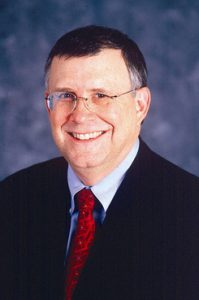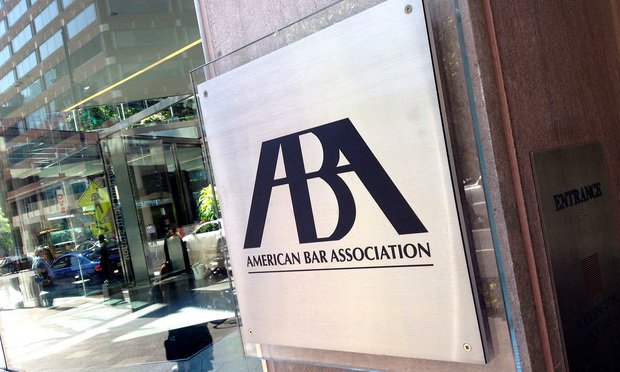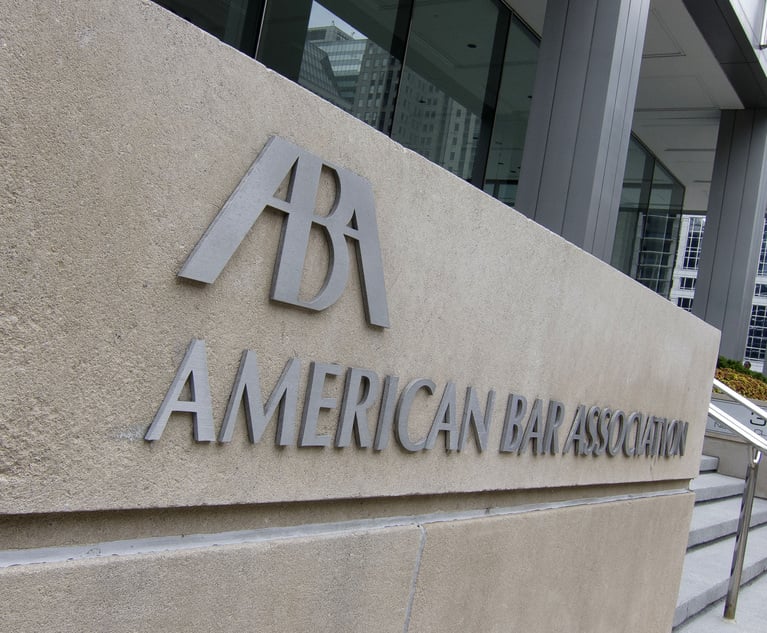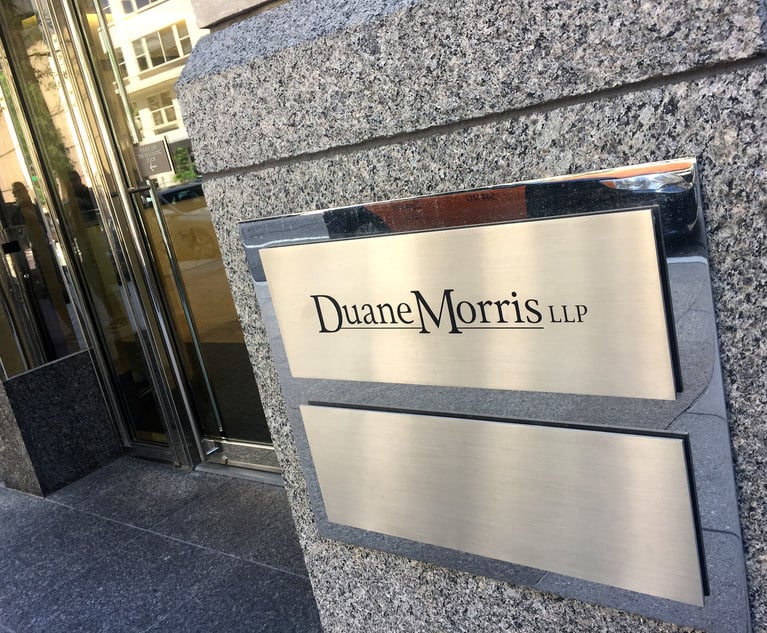Barry Currier has endured the wrath of many an unhappy legal educator during his nearly eight-year tenure heading up the arm of the American Bar Association that oversees law schools.
There was the years-long debate over raising the bar pass threshold that schools must meet in order to remain accredited. And the protracted discussions over how the ABA should respond to schools allowing applicants to submit GRE scores in lieu of the required LSAT. Then there was the time the ABA dared to inquire whether its tenure requirement for faculty was really necessary. (That one really didn’t go over well with law professors.)
 Barry Currier.
Barry Currier.










